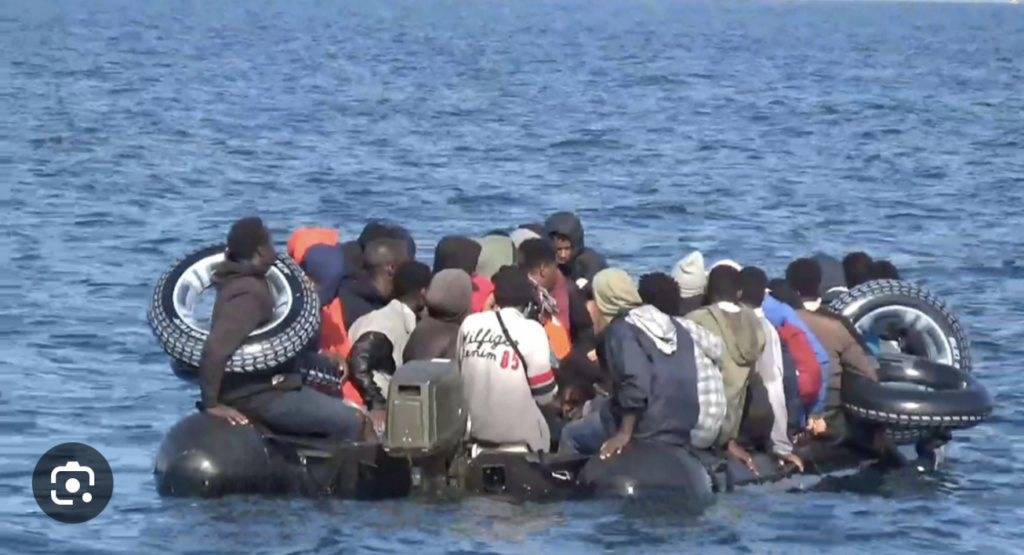Introduction

Struggles Faced by Immigrants
1. Cultural Integration: Immigrants often encounter difficulties in adapting to a new culture, language, and social norms. This can lead to feelings of isolation, exclusion, and a struggle to fit in.
2. Economic Challenges: Many immigrants find it challenging to secure stable employment that matches their skills and qualifications. Discrimination and limited access to job opportunities can hinder their economic progress.
3. Legal and Political Barriers:Navigating complex immigration laws, obtaining legal documentation, and facing uncertain residency status can lead to anxiety and vulnerability among immigrants.
4. Social Exclusion:Prejudice and stereotypes can lead to social exclusion and a lack of access to essential services, healthcare, and education, making it difficult for immigrants to fully participate in their host society.
Factors Driving Immigration:
1. Economic Disparities: Economic inequality and lack of opportunities in their home countries drive many immigrants to seek better prospects in Europe, where they hope to secure stable employment and improve their quality of life.
2. Conflict and Instability:Political turmoil, armed conflicts, and human rights abuses in their countries of origin force individuals and families to flee in search of safety and security.
3. Environmental Factors:Climate change-induced disasters, such as droughts and floods, can lead to displacement as people seek areas with more habitable conditions.
4. Demographic Changes: Rapid population growth, limited resources, and lack of infrastructure in some countries can lead to overpopulation and increased competition for essential resources.
Strategies for Retention:
1. Integration Programmes:European countries can invest in comprehensive integration programmes that provide language classes, cultural orientation, and assistance in navigating legal and bureaucratic processes.
2. Skill Recognition and Employment Support: Creating pathways for immigrants to have their foreign qualifications recognised and providing job training and placement assistance can enhance their economic integration.
3. Anti-Discrimination Measures: Enforcing strong anti-discrimination laws and promoting cultural awareness can help reduce social exclusion and ensure that immigrants have equal access to services and opportunities.
4. Education and Healthcare Access: Ensuring that immigrants have access to quality education and healthcare services can contribute to their overall well-being and long-term retention.
5. Community Engagement:Encouraging interaction between immigrants and host communities through cultural exchange programmes, community events, and support networks can foster a sense of belonging and social cohesion.
6. Addressing Root Causes: Collaborating with countries of origin to address economic disparities, conflict resolution, and environmental challenges can help reduce the need for migration in the first place.

Conclusion:
The struggle of immigrants in Europe is a multifaceted issue stemming from a range of challenges and factors. By implementing thoughtful policies and strategies, European countries’ leaders can create a more inclusive and welcoming environment, enabling immigrants to fully contribute to their societies while addressing the root causes of migration. Ultimately, a comprehensive and holistic approach is crucial for both immigrants’ well-being and the long-term prosperity of European nations.